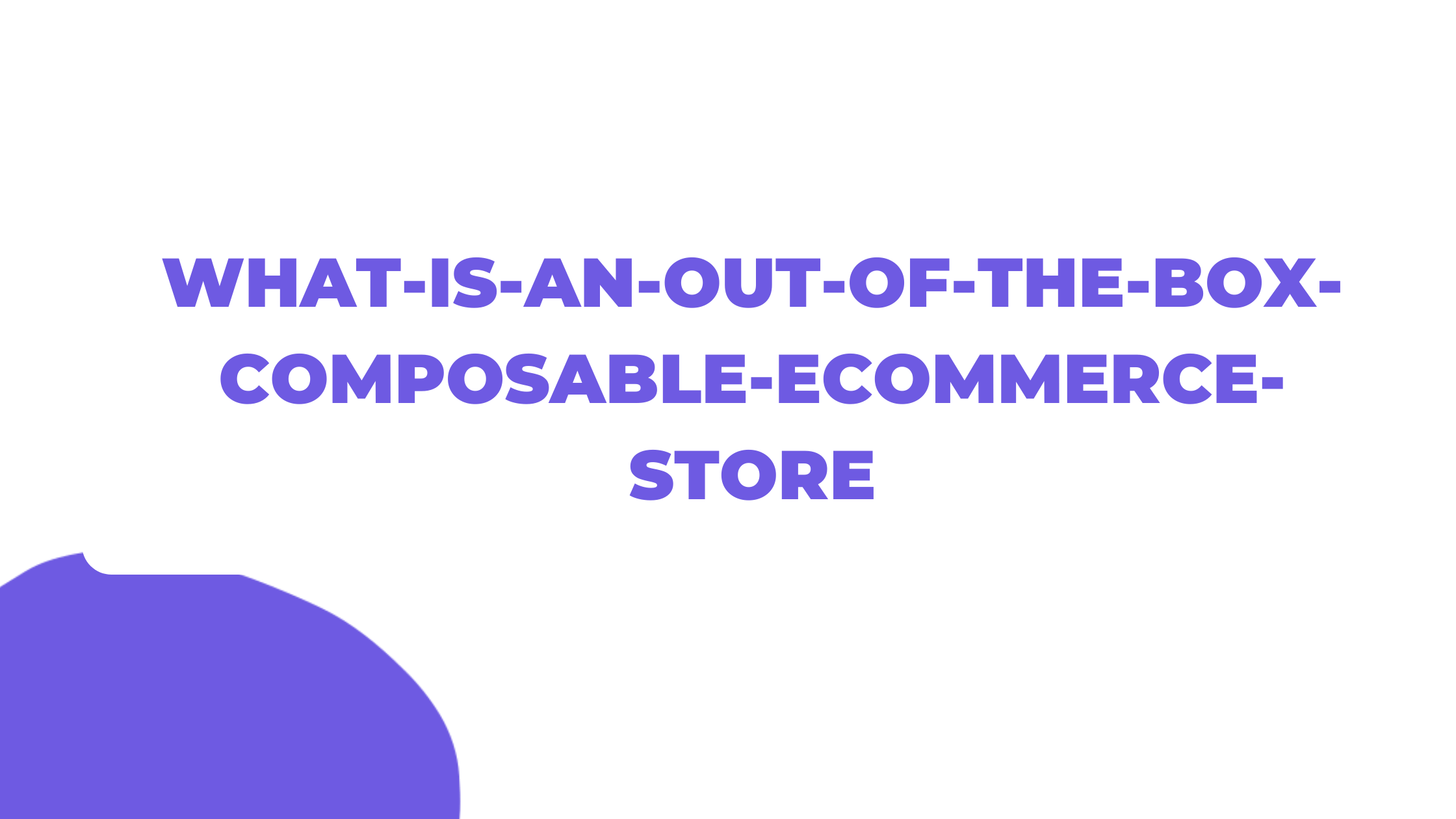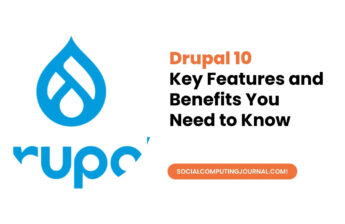Your rivals are likely discussing blockchain today. Some already employ it to save on expenses, accelerate procedures, and establish trust with clients. However, the issue is that most companies have no idea where to start or whether they even need blockchain in the first place. That’s precisely why astute firms are reaching out to professionals who can distill blockchain hype into actual business value.
Contents
The Technology Finally Works for Real Business Problems
Blockchain is no longer the new technology it was five years ago. Major corporations now run mission-critical operations on blockchain platforms, processing millions of transactions per day. However, identifying which blockchain solutions apply to your specific business requires in-depth technical knowledge that most companies lack in-house.
Expert blockchain consulting services enable companies to move beyond the hype and identify true opportunities where blockchain can solve real issues. The environment comprises dozens of different platforms, each with distinct strengths and weaknesses that influence the success of implementation.
Working applications of blockchain that truly matter include:
- Supply chain traceability prevents counterfeiting and fraud.
- Cross-border payments are settling in minutes instead of days.
- Carbon credit tracking enables sustainability programs.
- Decentralized data storage abolishes points of failure.
- Tokenization of real-world assets enables new investment opportunities.
Walmart now tracks over 25 food categories on blockchain, removing weeks from the time of investigation for contamination. When romaine lettuce contamination occurred, the system directly identified contaminated farms and removed products from hundreds of thousands of US stores.
Your Current Systems Are Getting Too Expensive to Maintain
Take a close look at your monthly fees for payment processing, data validation, and manual administrative procedures. These fees only increase with the growth of your business, eating into margins while slowing down operations.
Legacy systems that would have managed it at a smaller scale become gigantic bottlenecks as transaction volume increases. Concealed legacy system expenses are:
- Scalable payment processing charges linearly.
- Compliance auditing that chews up management time.
- Customer service costs from payment and delivery disputes.
- IT support for an aging infrastructure that vendors no longer support.
Real estate transactions demonstrate these inefficiencies to a T. Buying a home employs real estate brokers, mortgage brokers, title companies, inspectors, and attorneys. Each receives a fee, and the entire process, from beginning to end, only takes 30-60 days.
Propy created a blockchain-based property exchange platform, reducing fees and time to a fraction of the traditional approach. Smart contracts automate escrow, title transfer, and payment disbursement upon satisfaction of terms.
Trust Issues Are Killing Your Business Relationships
When your partners question your data, your customers challenge your claims, or your suppliers dispute your records, you have expensive trust issues. These issues create tension on every transaction, leading to delays, conflicts, and strained relationships that destroy long-term growth.
Trust breakdown manifests in different ways:
- Partners are demanding independent confirmation of your performance metrics.
- Customers are demanding product authenticity and origin claims disputes.
- Suppliers are questioning delivery schedules and measurement quality.
- Employees are manipulating systems undetected or without consequence.
- Third parties are withholding information due to security concerns.
De Beers faced gigantic trust issues in diamond sales. Buyers were afraid of conflict diamonds, and retailers struggled to verify them. Physical certificates were simple to forge, and tracking stones through multiple countries was virtually impossible.
Regulatory Compliance is Becoming More Complicated and Costly
Regulators across the board are demanding greater transparency, traceability, and accountability from businesses. New regulation often mandates data that legacy systems cannot cost-effectively provide.
The price of compliance keeps rising while the penalty for non-compliance becomes increasingly burdensome. Regulatory stress is mounting across industries:
- Financial services are under more stringent anti-money laundering regulations.
- Food companies are demanding end-to-end farm-to-table traceability.
- Pharmaceutical companies trace drug authenticity through distribution.
- Energy companies report detailed carbon emissions and offset data.
Professional consulting is required because there are extremely divergent regulatory requirements among jurisdictions and industries. An item that would be compliant in a US health care company would be illegal in Europe. Experts help navigate these complex requirements and create systems that react to changing rules.
The stakes are too significant to risk failure. Non-compliance may cause enormous fines, business closure, and irreparable damage to reputation. Doing it right the first time with blockchain deployment requires hands-on know-how that is familiar with technology capabilities as well as regulatory requirements.







